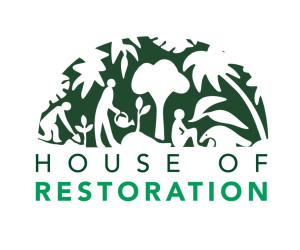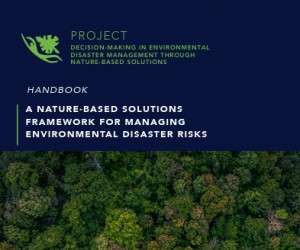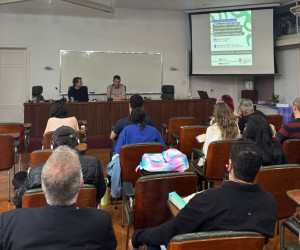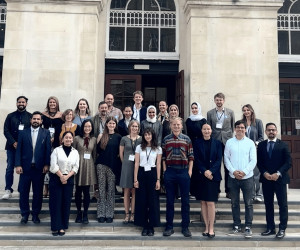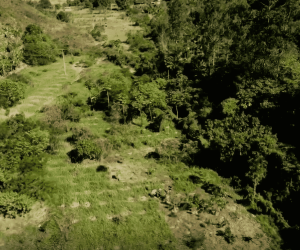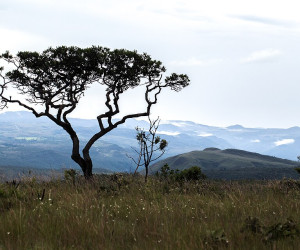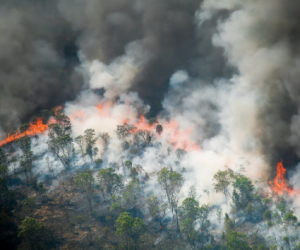News > News
23.07.14
Study shows that Brazil can have the greatest agricultural expansion in the world with zero deforestation
A study coordinated by the International Institute for Sustainability (IIS), in partnership with Embrapa and INPE and published in the journal ‘Global Environmental Change’ shows that a better use of areas already dedicated to cattle ranching can reconcile a significant expansion of national agriculture with zero deforestation.
“Our analysis shows that Brazil already has enough to absorb the largest expansion of agricultural production in the world in the next three decades, without deforesting an additional hectare of natural areas” said the study coordinator, Bernardo Strassburg, professor at PUC-Rio and executive director at the International Institute for Sustainability.
“The key is to increase productivity of the pasture areas. Today we use only a third of the sustainable potential of our pasturelands, and if we manage to reach just half of the potential productivity over the next 30 years we could increase the production of meat by 50%, and release 32 million hectares for other crops such as soybeans, sugarcane and planted forests. These areas correspond to the projected increase in areas by FAO and the Brazilian Ministry of Agriculture, and would be the largest production expansion worldwide. Furthermore, if we can achieve 70% of the potential, we could release another 36 million hectares to restore native areas to ensure the provision of water and other environmental services that support agribusiness, energy production, and the Brazilian economy,” adds Strassburg.
“The increase in cattle ranching productivity in Brazil will require significant efforts, including integrated territorial planning and provision of credit lines compatible with livestock, preferably with integrated technical assistance. Although a significant challenge requiring concerted efforts, we show that this increase is possible and suggest that it could help to solve a variety of environmental problems, increase farmers income and reduce rural poverty, resulting in a more sustainable agricultural sector in Brazil”, says Agnieszka Latawiec, research director of International Institute for Sustainability.
Nonetheless, this initiative also presents risks: “It is essential that a policy of increased productivity – and therefore profits – in cattle ranching is accompanied by additional efforts to avoid an impulse for more deforestation. There is significant potential for land sparing, but a rebound effect is a real threat,” completed Bernardo Strassburg.
According to Judson Valentim, researcher at Embrapa Acre, technologies developed by Embrapa in the form of intensive beef production systems on pasture, associated with crop-livestock and crop-livestock-forest systems are promoting a revolution in Brazilian agriculture. The grasses and forage legumes crops developed by Embrapa are already being adopted in more than 42 million hectares of cultivated pastures throughout Brazil. “Because they are well adapted to the different conditions of climate and soil, as well as more productive and better quality, these pastures have provided additional income of US$ 8.9 billion for farmers in 2013. Such sustainable production systems reconcile increased production and improve the income and welfare of farmers with the conservation of natural resources”.
By preventing deforestation and reducing emissions of methane per pound of meat produced, such initiative would also be a powerful biodiversity conservation and climate change mitigation tool, avoiding the emission of up to 14.3 Gt CO2.
Acess the article.

